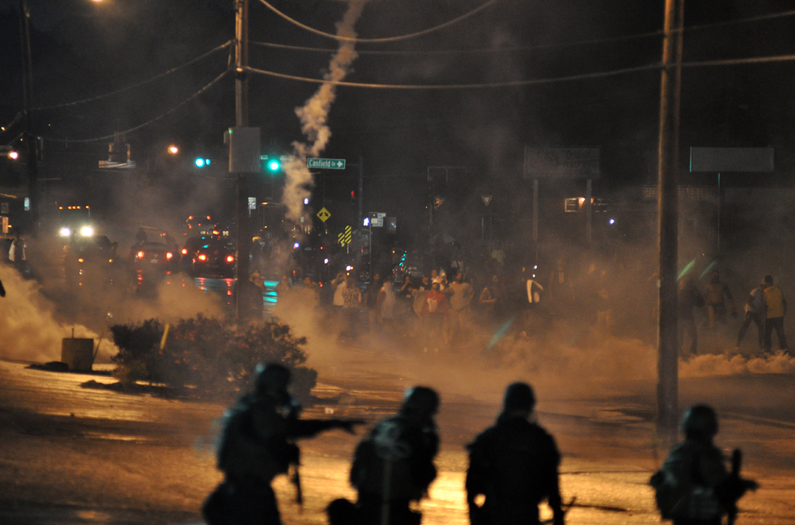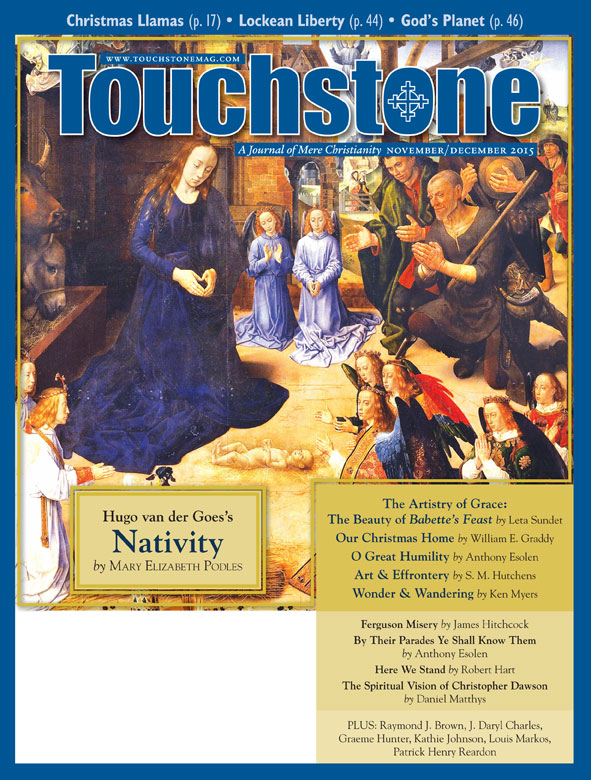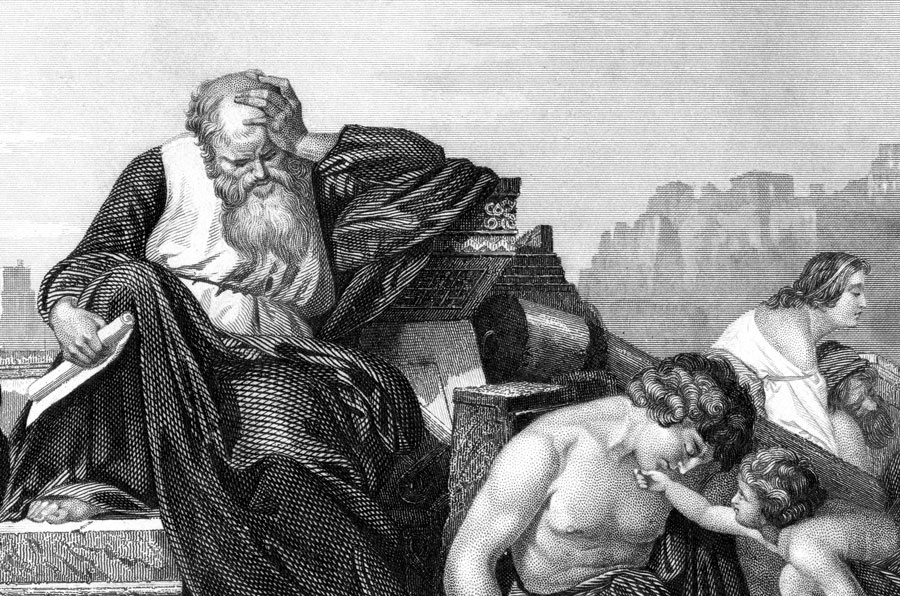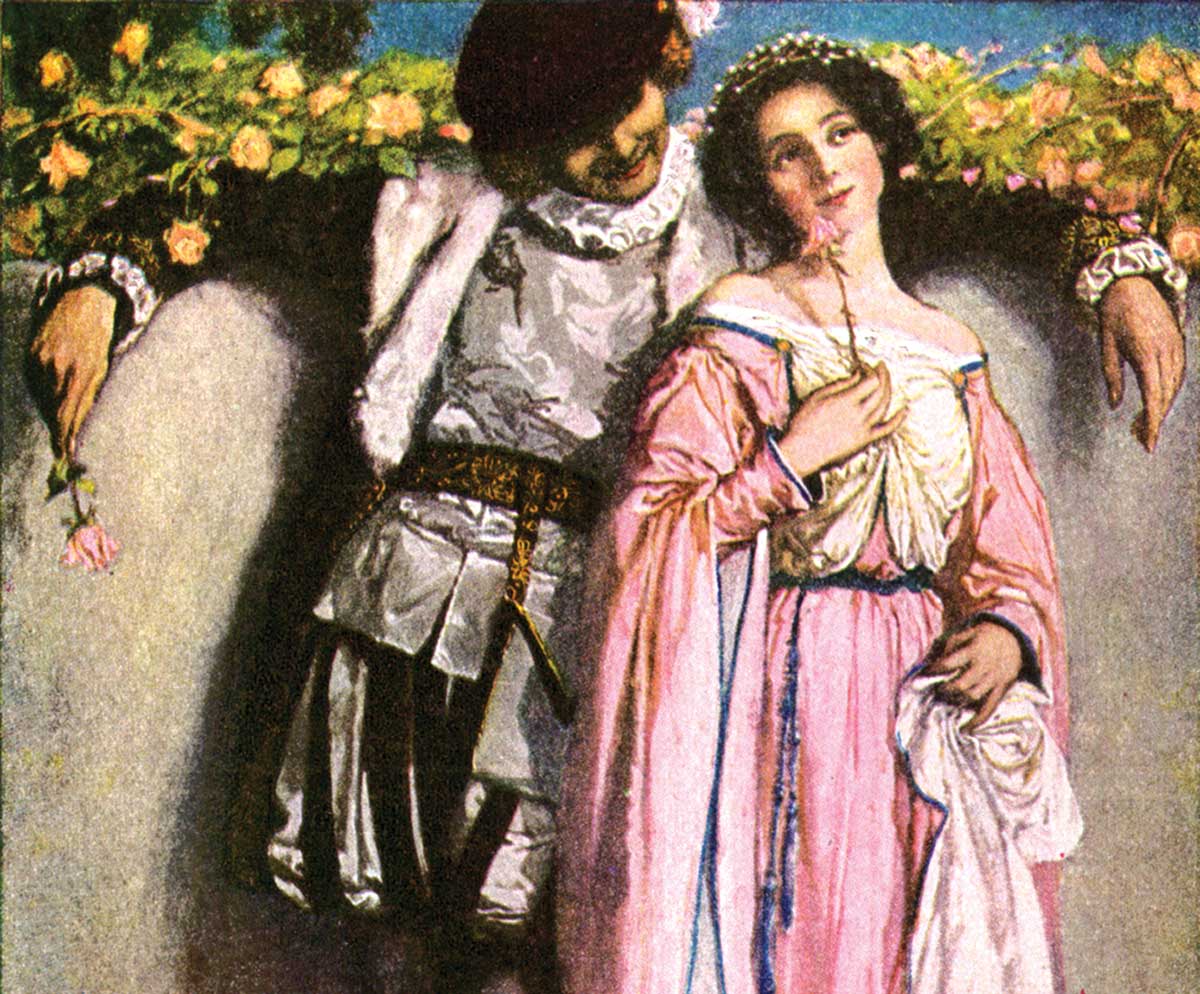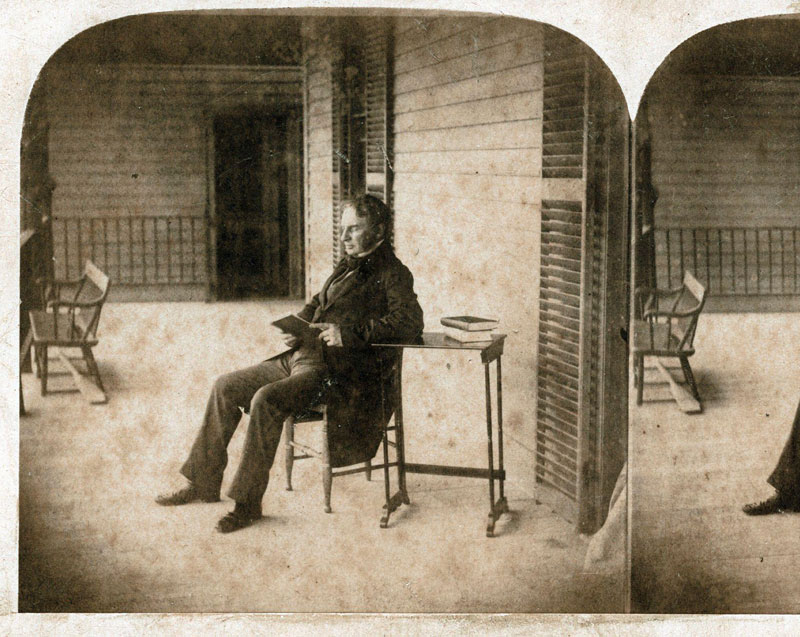Feature
Ferguson Misery
History, Theology & Mythmaking from a Deadly Encounter
by James Hitchcock
A year ago the modest-sized suburban community of Ferguson, Missouri (population 21,000), achieved a worldwide infamy that seems likely to endure for decades, the very name of the town having become shorthand for a myth that goes far beyond what actually happened there.
The verifiable core of the myth was the death of Michael Brown, an 18-year-old black man and Ferguson resident who had an altercation with a white police officer, Darren Wilson, as Brown was walking in the middle of a street. What exactly happened is unclear, but during the altercation Wilson shot Brown to death.
The first level of mythologizing was the claim that Brown, a "gentle giant" who had no criminal tendencies, was shot in cold blood as he was running away from Wilson. But as the investigation unfolded, it turned out that Brown was facing towards the policeman and, according to some accounts, lunging towards him when he was shot. Just prior to the incident, Brown had strong-armed a clerk in a convenience store and stolen a pack of cigars. He had also been using marijuana. Brown's alleged last words—"Hands up! Don't shoot!"—became the principal mantra of the developing myth, but Brown almost certainly did not utter them.
For days afterwards there were riots, both in Ferguson and other parts of the St. Louis area, with much of Ferguson's business district destroyed. (The liberal governor of Missouri, Jay Nixon, after first promising help, ordered the National Guard to remain passive as stores were torched and looted.) In April 2015, nine months after Brown's death, mobs again surged through Ferguson looting and burning, supposedly in protest of the killing of a black man in Baltimore.
Before there was reliable information as to what had actually happened to Brown, there were enraged demands—backed by threats—that Wilson, who went into hiding and later resigned from the police force, be charged with murder, and there was further rioting when a grand jury found no grounds for indictment. (Eventually the federal Justice Department reached the same conclusion, but even that did not end the demands that Wilson be punished.)
Justifying the "Protestors"
From the beginning, Brown's enraged supporters in effect denied the principle "innocent until proven guilty." Despite confused accounts, it was taken as fact that Wilson was a murderer, an assumption that was shared by much liberal opinion, led by the St. Louis Post-Dispatch, which only slowly and reluctantly scaled back its account as more information became available.
Dorian Johnson, another "gentle giant," who was with Brown when he was killed, was the principal source of stories about the shooting, but his testimony was found to be completely inconsistent with the physical evidence. (Months later he was arrested and charged with drug dealing and resisting arrest.)
The St. Louis County circuit attorney, Robert McCulloch, who presided over the grand jury investigation, was proclaimed to be biased, on the grounds that his father was a policeman who had been killed by a criminal. McCulloch was also denounced for making available to the public much of the grand jury testimony, virtually none of which supported the Brown myth. Liberals spoke of "the failures of the grand jury process to indict the police officers involved," and law professors took to the pages of the Post-Dispatch to explain that it was the business of grand juries to indict people, not to exonerate them. When McCulloch spoke at St. Louis University Law School, his alma mater, he was treated rudely.
James Hitchcock is Professor emeritus of History at St. Louis University in St. Louis. He and his late wife Helen have four daughters. His most recent book is the two-volume work, The Supreme Court and Religion in American Life (Princeton University Press, 2004). He is a senior editor of Touchstone.
subscription options
Order
Print/Online Subscription

Get six issues (one year) of Touchstone PLUS full online access including pdf downloads for only $39.95. That's only $3.34 per month!
Order
Online Only
Subscription

Get a one-year full-access subscription to the Touchstone online archives for only $19.95. That's only $1.66 per month!
bulk subscriptions
Order Touchstone subscriptions in bulk and save $10 per sub! Each subscription includes 6 issues of Touchstone plus full online access to touchstonemag.com—including archives, videos, and pdf downloads of recent issues for only $29.95 each! Great for churches or study groups.
Transactions will be processed on a secure server.
more on culture from the online archives

33.1—January/February 2020
Do You Know Your Child’s Doctor?
The Politicization of Pediatrics in America by Alexander F. C. Webster
more from the online archives
calling all readers
Please Donate
"There are magazines worth reading but few worth saving . . . Touchstone is just such a magazine."
—Alice von Hildebrand
"Here we do not concede one square millimeter of territory to falsehood, folly, contemporary sentimentality, or fashion. We speak the truth, and let God be our judge. . . . Touchstone is the one committedly Christian conservative journal."
—Anthony Esolen, Touchstone senior editor






